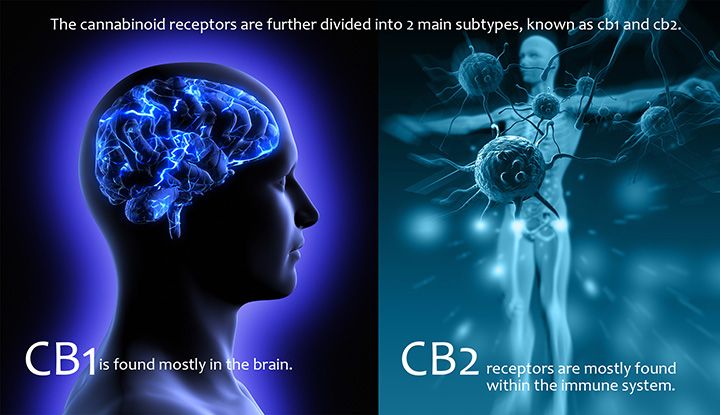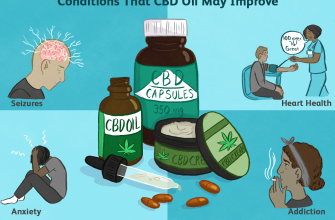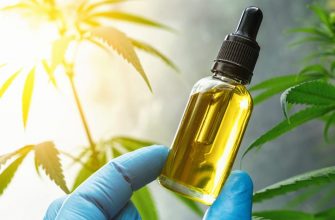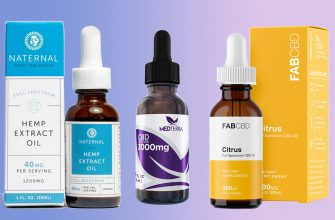The endocannabinoid system (ECS, endogenous neurotransmitter system that binds to cannabinoid receptors) is a group of fatty acids based on signaling chemicals (“keys”), their receptors (“locks”), and the metabolic enzymes that produce and destroy them. Endocannabinoid chemical signals act on similar brain and immune receptor cells (CB-1 and CB-2) through the active compounds found in cannabis, cannabidiol (CBD) and tetrahydrocannabinol (THC, THC).
CBD is a non-toxic phytocannabinoid with anti-inflammatory, antioxidant, tranquilizing, antipsychotic, anticancer, and antiemetic properties. But what if the same natural substance helps to lose a few pounds?
So how does CBD affect metabolism?
In a study recently published in the scientific journal Molecular and Cellular Biochemistry, Korean researchers examined the effect of CBD on preadipocytes (immature fat cells) to identify the potential benefits of using CBD in treating and preventing obesity.
Surprisingly, it has been found that CBD can:
- 1. Stimulate genes and proteins that affect the breakdown and oxidation of fat.
- 2. Increase the number and activity of mitochondria (which in turn increase the body’s ability to burn calories).
- 3. Reduce the expression (synthesis) of proteins involved in lipogenesis (production of fat cells).
Taken together, these results are related to CBD’s ability to induce “fat darkening” – the conversion of fat that is normally white (“white adipose tissue”) and “stores” energy into beige fat (“brown and beige adipose tissue”), which “burns” energy. Previous studies have shown that an increase in beige adipose tissue in animals leads to an increase in their glucose tolerance, making them more resistant to diabetes and a variety of lipid disorders.

How can CBD help prevent metabolic disorders?
It is noteworthy that excessive activation of the endocannabinoid system, mainly through CB-1 receptors, contributes to an increase in abdominal obesity (that is, the accumulation of fat in the waist area), as well as increases the absorption of glucose by adipocytes (fat cells) and insulin resistance of muscle tissue. This “metabolic dysfunction” sets in motion a vicious cycle in which further muscle and liver insulin resistance increases abdominal obesity, and further CB-1 overactivation leads to excessive appetite, eating disorders, and significant fat gain.
Another study published in 2012 investigating the effect of various phytocannabinoids (such as cannabinol (CBN) and CBD) on the feeding behavior of rats supports the theory that various cannabinoids regulate CB-1 receptors and increase appetite and metabolism with opposite effects.
So, this study showed that CBN cannabinol stimulates appetite, resulting in an increase in food intake, as well as an increase in body weight, while CBD reduces appetite, food intake and, accordingly, mass gain. Also, as you might guess, CBD stimulates the transformation of “white adipose tissue” into “beige adipose tissue”, which contributes to weight loss.
Thinking about how to further increase the amount of your “beige adipose tissue”? Try tempering and exercising, or better yet, exercising in the cold with CBD.





